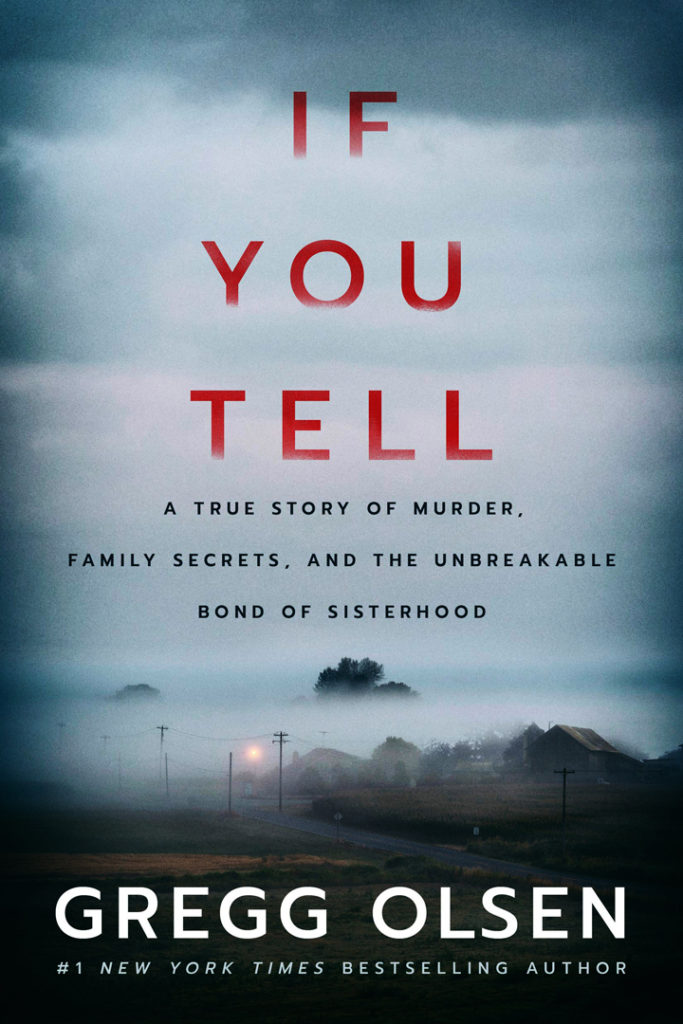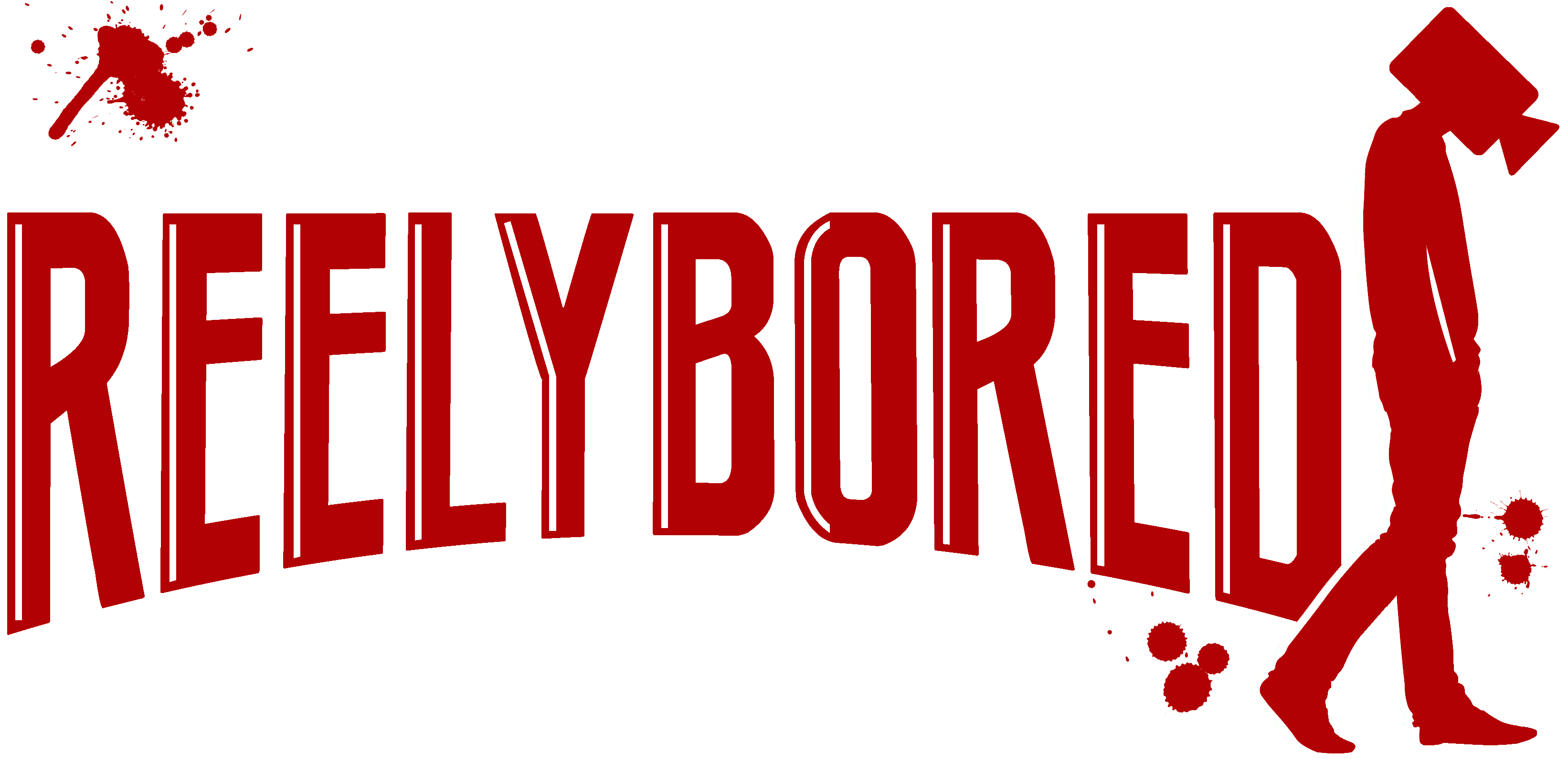
After more than a decade, when sisters Nikki, Sami, and Tori Knotek hear the word mom, it claws like an eagle’s talons, triggering memories that have been their secret since childhood. Until now.
For years, behind the closed doors of their farmhouse in Raymond, Washington, their sadistic mother, Shelly, subjected her girls to unimaginable abuse, degradation, torture, and psychic terrors. Through it all, Nikki, Sami, and Tori developed a defiant bond that made them far less vulnerable than Shelly imagined. Even as others were drawn into their mother’s dark and perverse web, the sisters found the strength and courage to escape an escalating nightmare that culminated in multiple murders.
Harrowing and heartrending, If You Tell is a survivor’s story of absolute evil—and the freedom and justice that Nikki, Sami, and Tori risked their lives to fight for. Sisters forever, victims no more, they found a light in the darkness that made them the resilient women they are today—loving, loved, and moving on.
True Crime Books Review Blog: If You Tell
Have you ever loved anyone so much that you would do anything for them? Including murdering someone at their command? This is an easy question for me to answer – no, I would not take someone’s life simply because asked to do so. The first thing that came to mind when reading this book is Faye Dunaway portraying Joanne Crawford in the 1981 docu-drama, Mommie Dearest. If You Tell, like the story portrayed in Mommie Dearest, is not a work of fiction. The Knoteck kids were in for a rude awakening at the hands of their mother, Michelle “Shelley” Knoteck, whose parental antics are unorthodox, to put it mildly.
If You Tell had to be the most infuriating read that I’ve had the pleasure of reading in quite some time since reading The Lost Girls. It is beyond me how one person, Michelle Knotec, in this case, can wield so much power over people, especially her own family, husband included. Her family was not the only subject of her reign of terror. No, her best friend, Kathy, also fell prey to Shelly’s power of persuasion as well as another individual, Ron, who was, in essence, a stranger. Not one, not twice, not even thrice did I find myself facepalming myself and uttering, to myself, three words that each starts with the following letters – W.T.F.
Again, there were so many instances of the actions, and inactions, of family members that made no sense. It is here where the majority of my frustrations took place because it was something I could not fathom nor comprehend. It was a case of willing compliance that was enraging and spoke volumes to the mental health of the aggressor and the victims.
It was clear, early in the narrative, that there was something wrong with “Shelly.” Her stepmother, Lara, also was aware of this yet neglected to take a stern approach early when things seemed to be astray or questionable. No, it wasn’t until much later, when it was too late, that action was finally taken. To the three daughters, Nikki, Sami, and Tori, they endured what some may equate to hell on Earth at the hands of their mother, who abused them, physically and mentally, to no end. If You Tell was an account of the horrors they and others befell at the hands of the Knotecs. There are no breaks in this narrative, and we are suffocated with story after story of how these people willingly succumbed to Shelly’s wishes and commands.
For some, If You Tell can be tough to get through because of the barrage of terror that “Shelly” enforced on those around her. Because of that, it is hard to recommend with no reservations. But, I will say that it was an easy read, and frustrations aside, it was a good book. Author Gregg Olsen did a great job of putting the accounts and details together through interviews with the subjects that made the book a good read.
